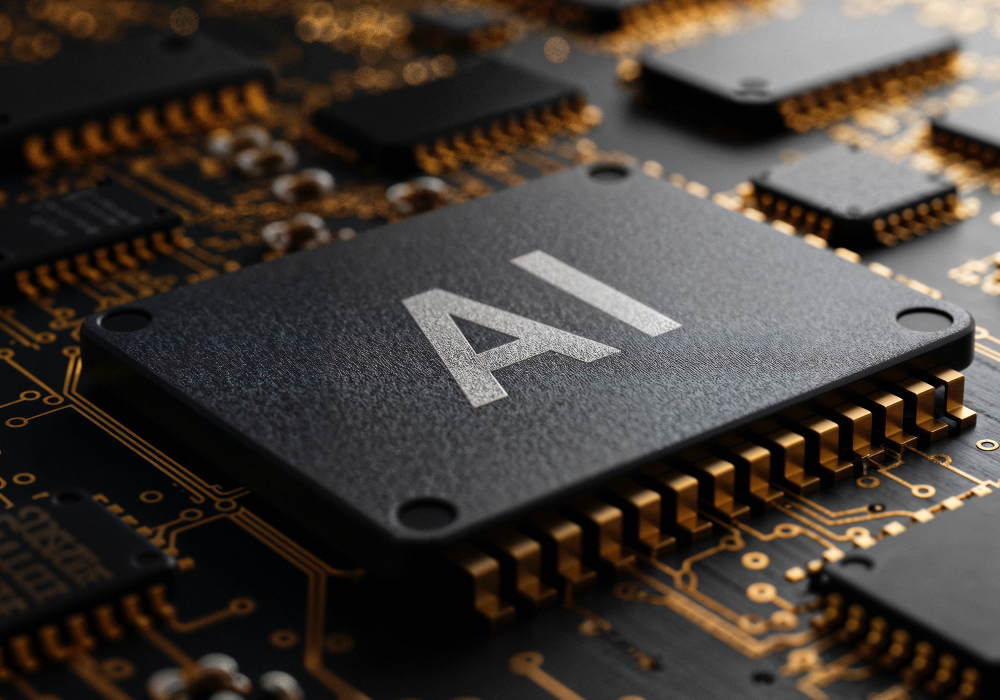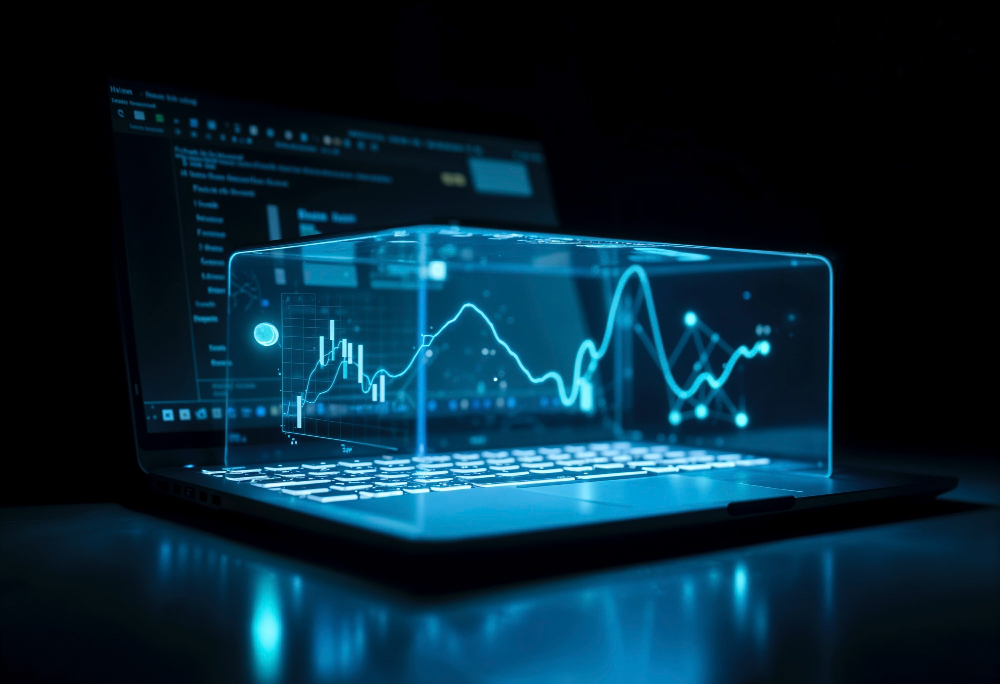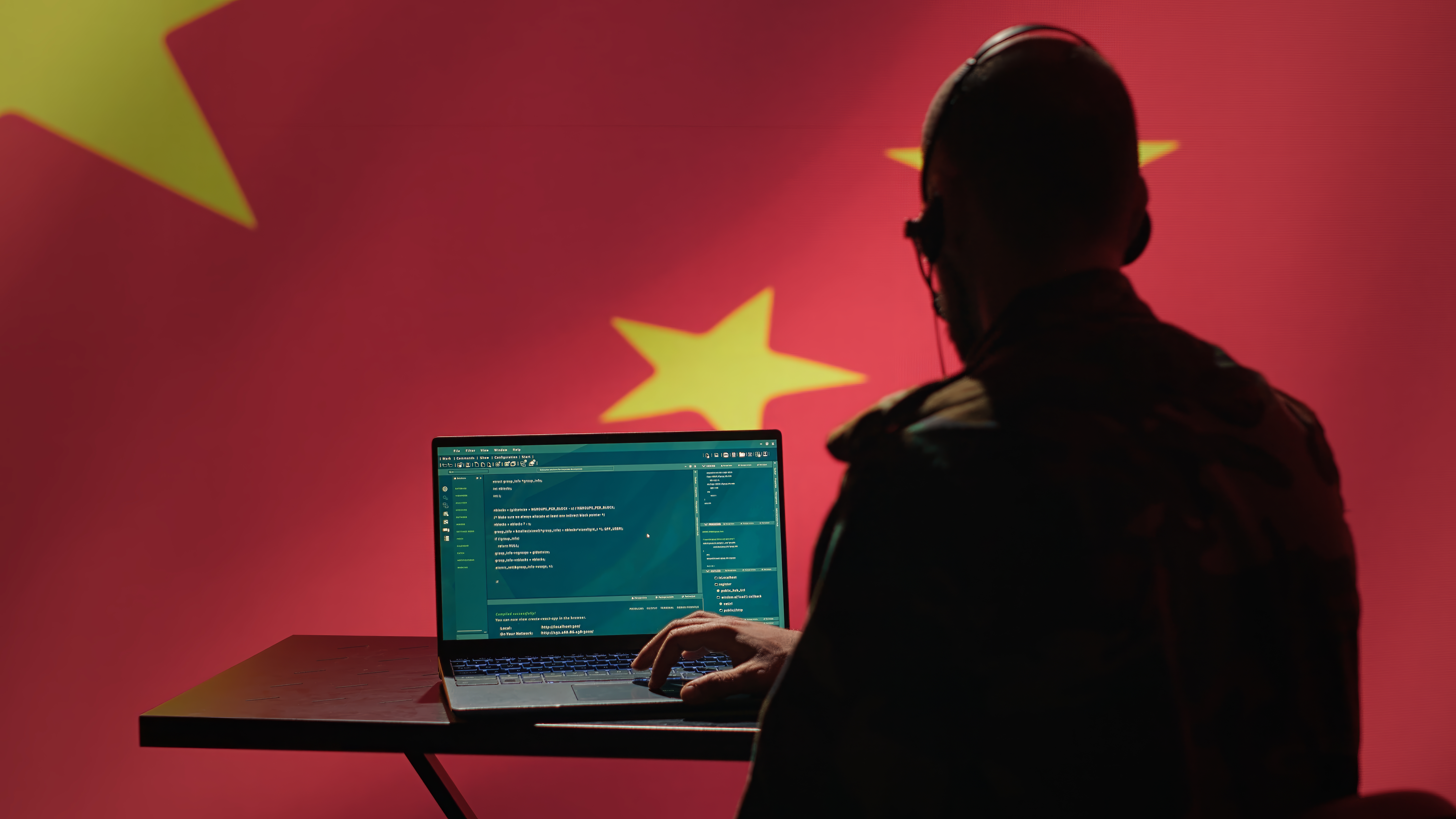Generative AI is increasingly affecting creative industries, raising concerns related to authorship, labour, and human oversight. Companies are under growing pressure to clarify how AI is used in creative production.
Many firms present generative AI as a tool to improve efficiency rather than replace human creativity. This reflects a cautious approach that prioritises human control and risk management.
Take-Two Interactive has confirmed that it is running hundreds of AI pilots focused on cost and time efficiencies. However, the company stresses that AI is used for operational support, not creative generation.
According to CEO Strauss Zelnick, generative AI played no role in the development of Grand Theft Auto VI. Rockstar Games’ worlds are described as fully handcrafted by human developers.
These statements come amid investor uncertainty triggered by recent generative AI experiments in gaming. Alongside this, ongoing labour disputes at Rockstar Games highlight broader governance challenges beyond technology.
Would you like to learn more about AI, tech and digital diplomacy? If so, ask our Diplo chatbot!










